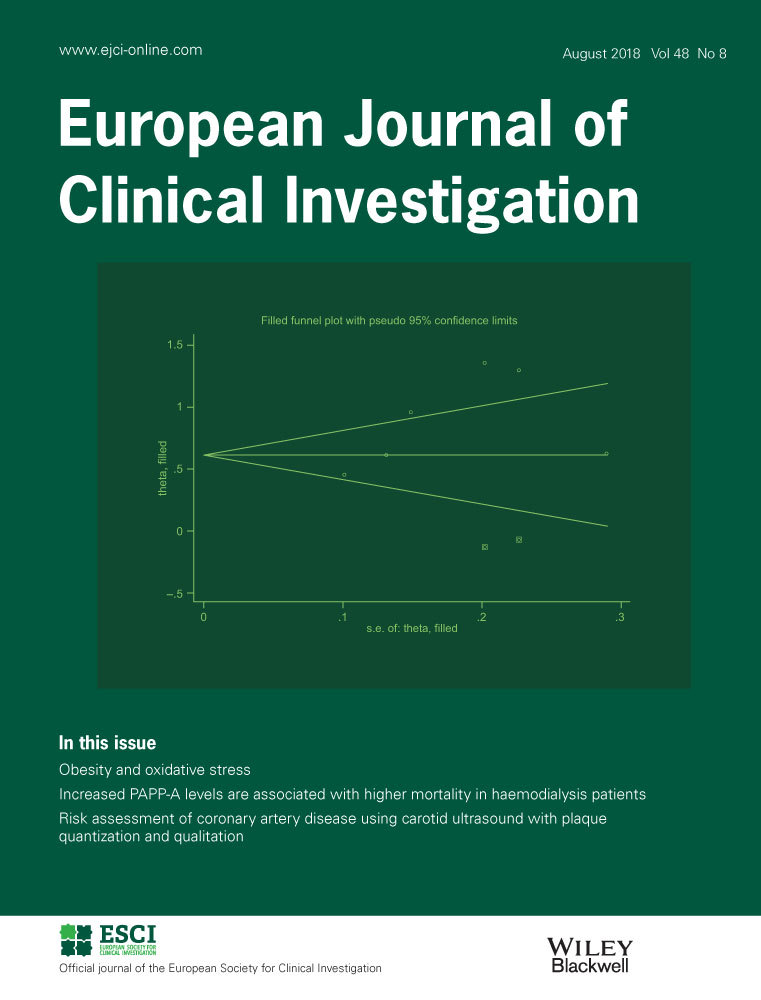Modification, validation and comparison of Naples prognostic score to determine in-hospital mortality in ST-segment elevation myocardial infarction
Abstract
Aim
The relationship between inflammatory status and poor outcomes in acute coronary syndromes is a significant area of current research. This study investigates the association between in-hospital mortality and the modified Naples prognostic score (mNPS) as well as other inflammatory biomarkers in STEMI patients.
Methods
This single-centre, cross-sectional study included 2576 consecutive STEMI patients who underwent primary percutaneous coronary intervention between January 2022 and November 2023. Participants were randomly divided into derivation and validation cohorts in a 6:4 ratio. The following inflammatory indices were calculated: pan-immune-inflammation value (PIV), systemic immune-inflammation-index (SII), systemic inflammation-response index (SIRI) and conventional NPS. The mNPS was derived by integrating hs-CRP into the conventional NPS. The performance of these indices in determining in-hospital mortality was assessed using regression, calibration, discrimination, reclassification and decision curve analyses.
Results
Inflammatory biomarkers, including PIV, SII, SIRI, NPS and mNPS, were significantly higher in patients who died during in-hospital follow-up compared to those discharged alive in both the derivation and validation cohorts. Multivariable logistic regression analyses were performed separately for the derivation and validation cohorts. In the derivation cohort, mNPS was associated with in-hospital mortality (aOR = 1.490, p < .001). Similarly, in the validation cohort, mNPS was associated with in-hospital mortality (aOR = 2.023, p < .001). mNPS demonstrated better discriminative and reclassification power than other inflammatory markers (p < .05 for all). Additionally, regression models incorporating mNPS were well-calibrated and showed net clinical benefit in both cohorts.
Conclusion
mNPS may be a stronger predictor of in-hospital mortality in STEMI patients compared to the conventional scheme and other inflammatory indices.

 求助内容:
求助内容: 应助结果提醒方式:
应助结果提醒方式:


